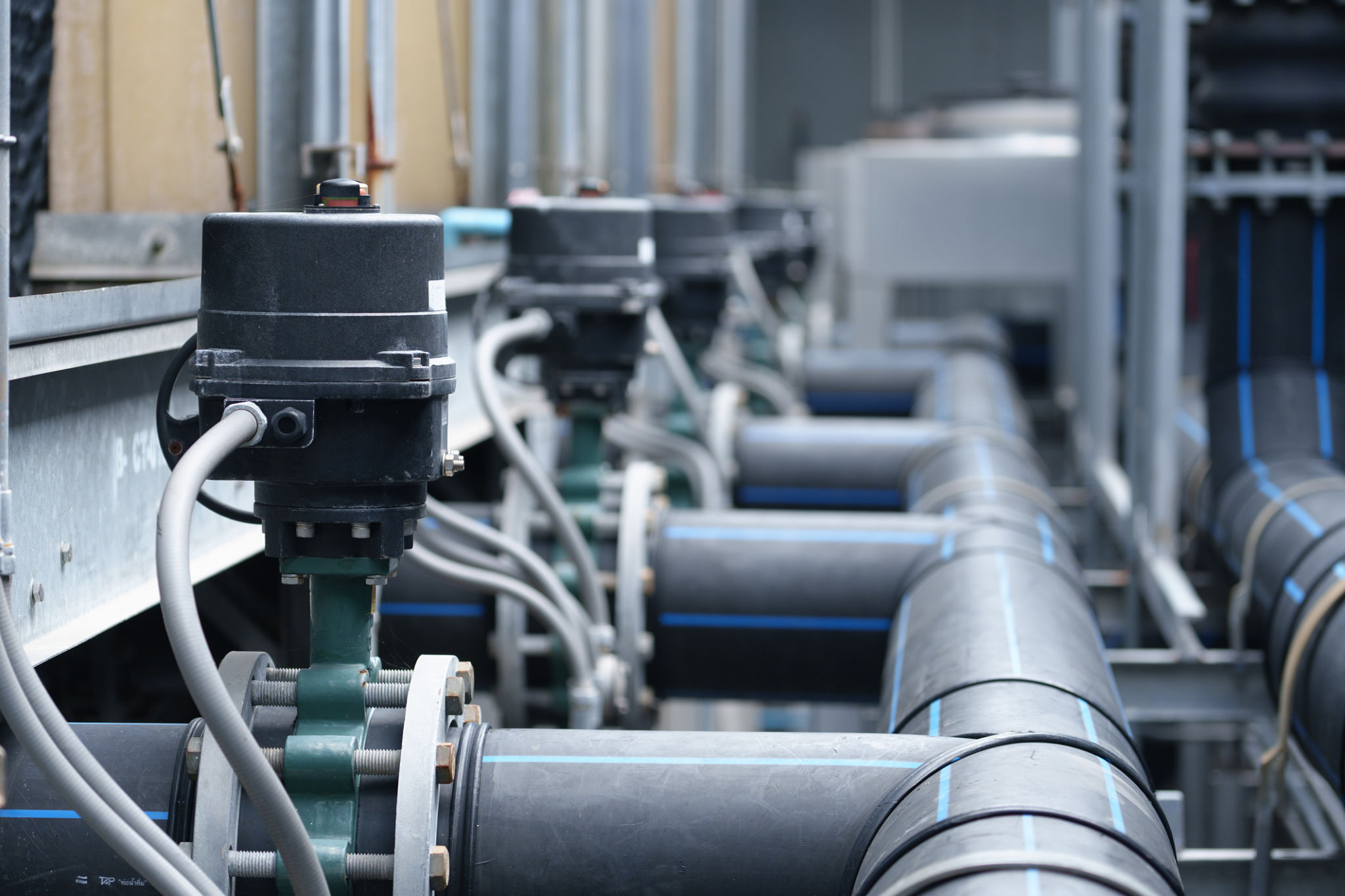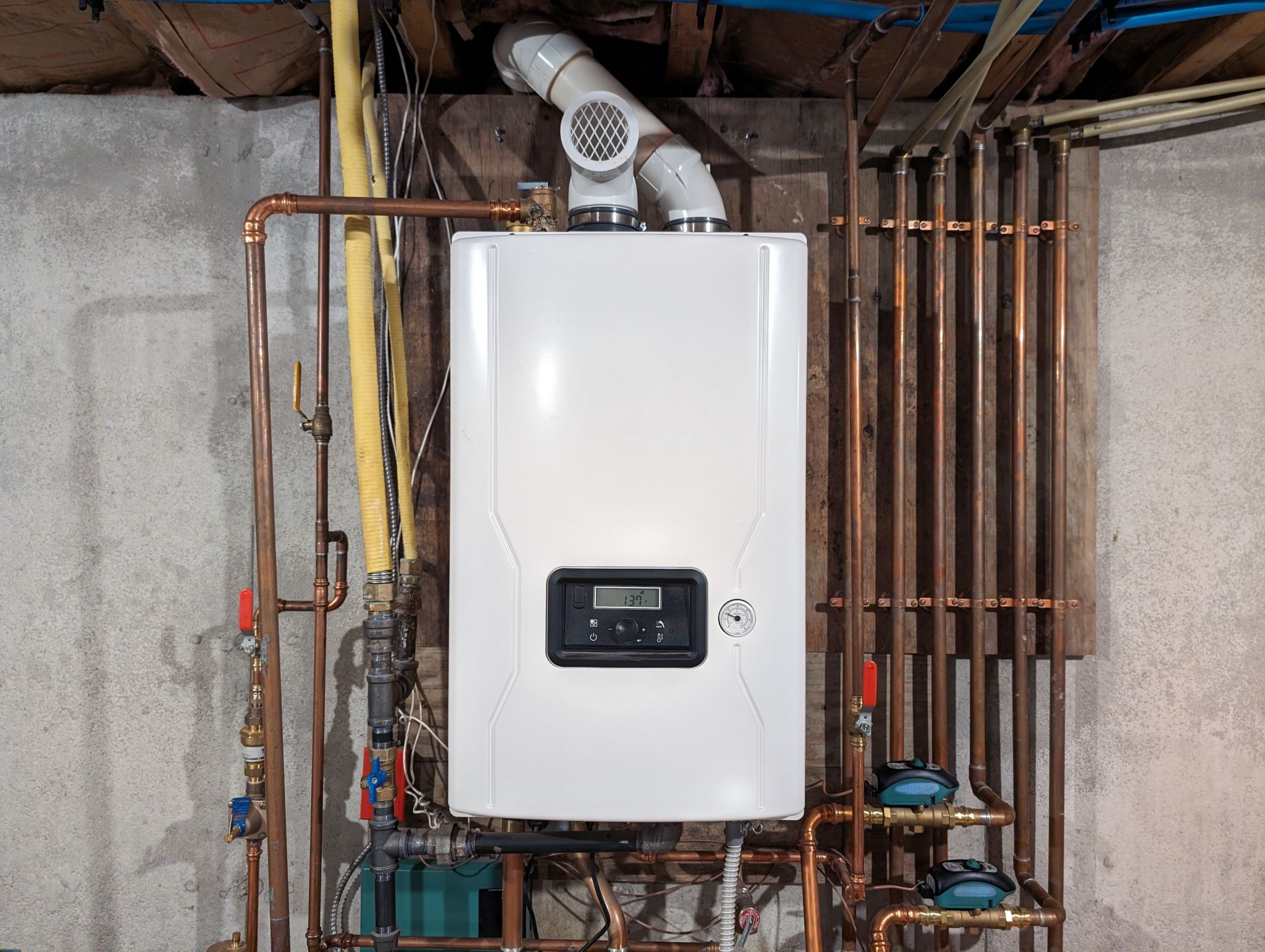Debunking Common Myths About Hot Water Systems
Introduction to Hot Water Systems
Hot water systems are an essential part of modern living, providing the comfort and convenience of warm water for bathing, cooking, and cleaning. Despite their ubiquity, several myths persist about these systems, leading to misunderstandings and sometimes costly decisions. Let's debunk some of the most common myths about hot water systems.

Myth 1: Bigger Systems Are Always Better
One common misconception is that a larger hot water system is always the best choice. While it's true that larger systems can store more hot water, they may not be necessary for every household. The right size depends on your household's hot water usage patterns. Oversized systems may lead to increased energy consumption and higher utility bills without any added benefit.
For instance, a family of four might require a different system compared to a single-person household. It's crucial to assess your specific needs and consult with experts to determine the appropriate size for your home.
Myth 2: Instantaneous Systems Are More Expensive
Another myth is that instantaneous or tankless hot water systems are more expensive than traditional tank systems. While the initial installation cost might be higher, tankless systems can offer long-term savings. They heat water only when needed, reducing energy consumption and lowering utility bills over time.

Myth 3: All Hot Water Systems Are the Same
Many people believe that all hot water systems function similarly, but this couldn't be further from the truth. There are various types, including electric, gas, solar, and heat pump systems, each with distinct advantages and disadvantages. Selecting the right type depends on your energy preferences, geographical location, and budget constraints.
For example, solar hot water systems are highly efficient in sunny regions, while heat pumps may be more suitable for areas with moderate climates.
Myth 4: Maintenance Is Not Necessary
A prevalent myth is that once installed, hot water systems require little to no maintenance. In reality, regular maintenance is vital to ensure their efficiency and longevity. Routine checks can help identify potential issues before they escalate into costly repairs or replacements.

Myth 5: Hot Water Systems Are Environmentally Unfriendly
Some believe that all hot water systems have a negative environmental impact. While traditional systems can be resource-intensive, modern advancements have introduced more eco-friendly options. Solar and heat pump systems are designed to minimize environmental impact by using renewable energy sources.
Switching to these greener alternatives not only reduces carbon footprints but may also qualify for government incentives or rebates.
Conclusion
Understanding the truths behind these myths can lead to more informed decisions regarding hot water systems. By considering factors like system size, type, and maintenance needs, you can optimize both performance and efficiency in your home. Always seek professional advice when selecting or upgrading your system to ensure it aligns with your lifestyle and environmental goals.
